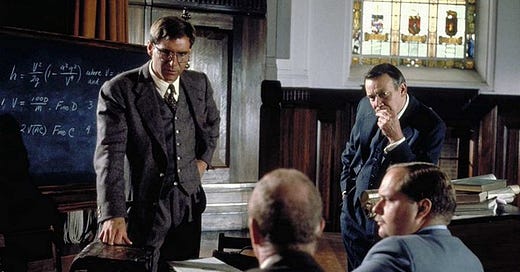Here are three absolutely essential questions that will help crystallize your story:
- What does your protagonist WANT?
- What is their PLAN to get it?
- Who and what is standing in their way? (FORCES OF OPPOSITION)
You'd be surprised how many people come to my workshops (some with half-completed books!) who can't answer those deceptively si…
Keep reading with a 7-day free trial
Subscribe to Screenwriting Tricks for Authors to keep reading this post and get 7 days of free access to the full post archives.




